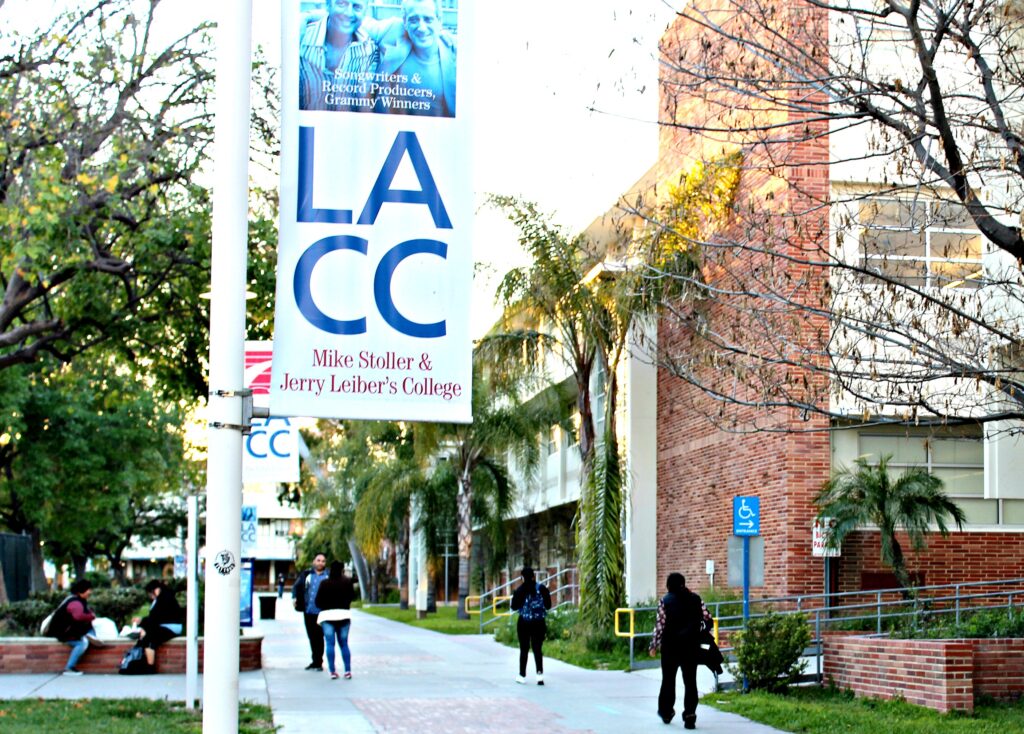As part of a growing push to offset non-tuition expenses in higher education, California’s community college system is backing a bill that would dramatically reduce the total cost of attendance for its students.
The move continues the California Community Colleges’ recent advocacy for more state support for students to cover their housing, food, transportation and other expenses beyond just tuition and fees.
The proposed law, SB 291, written by Senator Connie M. Leyva (D-Chino), would cost $250 million in its first year and increase incrementally until reaching $1.5 billion in 2024.
“The true cost of attending college is clearly more than just tuition,” Leyva said. “When non-tuition costs like housing, food and textbooks are considered, community college is often more expensive for our lowest-income students to attend than other state universities.”
Data shows that even though community college tuition is much lower than it is at the University of California and California State University systems, the financial aid available for community college students can be less, forcing them to spend more out-of-pocket on college-related expenses like food, school supplies and housing than do students at the more expensive California public institutions.
Without additional funding, community college students have to work longer hours, leaving them less time for their studies and harming their chances of earning a certificate or degree. Meanwhile, a tiny percentage of students borrow money for their community college educations, opting out of a typical source of financial aid to cover the full cost of attending college.
Colleges will determine the full cost of attendance, but the average works out to be about $20,000 a year for community college students when tuition, housing and other expenses are considered.
If approved, the bill would fill the gap between the total cost of attending college and the financial aid that community college students receive from other sources, like the state’s Cal Grant and tuition waiver and the federal Pell Grant, plus how much their families can contribute as determined by the federal or state financial aid application.
Known as a “last-dollar” grant, the proposed program would also assume that a student could work about 15 hours a week during the school year and more in the summers to contribute $5,000 to $6,000 toward their educations.
Backers of the bill, called the California Community College Financial Aid Program, argue that an infusion of state money could keep more students in school or attending full-time. That would aid California’s goal of increasing the number of students who earn certificates, degrees or transfer to four-year institutions. That goal is buttressed by other reforms, like removing remedial math and English course requirements for most students.
The bill would address a limitation in the state’s major grant for college students, the Cal Grant. Because it’s largely available to students who recently completed high school, just five percent of community college students receive the grant because many start college with a break after high school.
“Sen. Leyva’s bill seeks to address these inequities,” said California Community Colleges Chancellor Eloy Ortiz Oakley.
Leyva’s bill is similar to what the community college system’s Board of Governors sought last year in its state budget for the 2019-20 year.
Gov. Gavin Newsom, who campaigned on a promise of increasing financial aid for college students, did not embrace those recommendations in his budget proposal for next year, announced last month. Instead he proposed boosting financial aid for college students who are parents, expanding funding for a new free-tuition program and giving the state’s four-year public universities more money.
But his public message accompanying the January budget still supported the need for increased support to cover student expenses. “Even in a time of economic growth and record employment, too many Californians are experiencing the squeeze of stagnant wages and the rising price of building-block necessities such as housing costs, health care premiums, higher education and child care,” Newsom wrote.
Christian Osmeña, vice chancellor of finance at California Community Colleges, said that officials from the system have been in talks with Newsom’s office about this bill. “The same problem statement that the governor is addressing we’re trying to address here,” Osmeña said.
Politically, the bill is off to a strong start. Leyva chairs the state Senate’s education committee and sits on the budget subcommittee on education.
The program’s funds would be available to California residents for two academic years, meaning part-time students taking a half load each semester could receive support from the program for four years. The proposed bill is designed so that full-time students would receive more financial aid. Students would also be expected to make academic progress.
The bill proposes funding the program using the state’s general fund rather from the bulk of state revenues for the K-12 and community college systems determined by Prop. 98, the voter approved initiative that sets base amounts of state funding for K-12 schools and community colleges.
To get more reports like this one, click here to sign up for EdSource’s no-cost daily email on latest developments in education.
